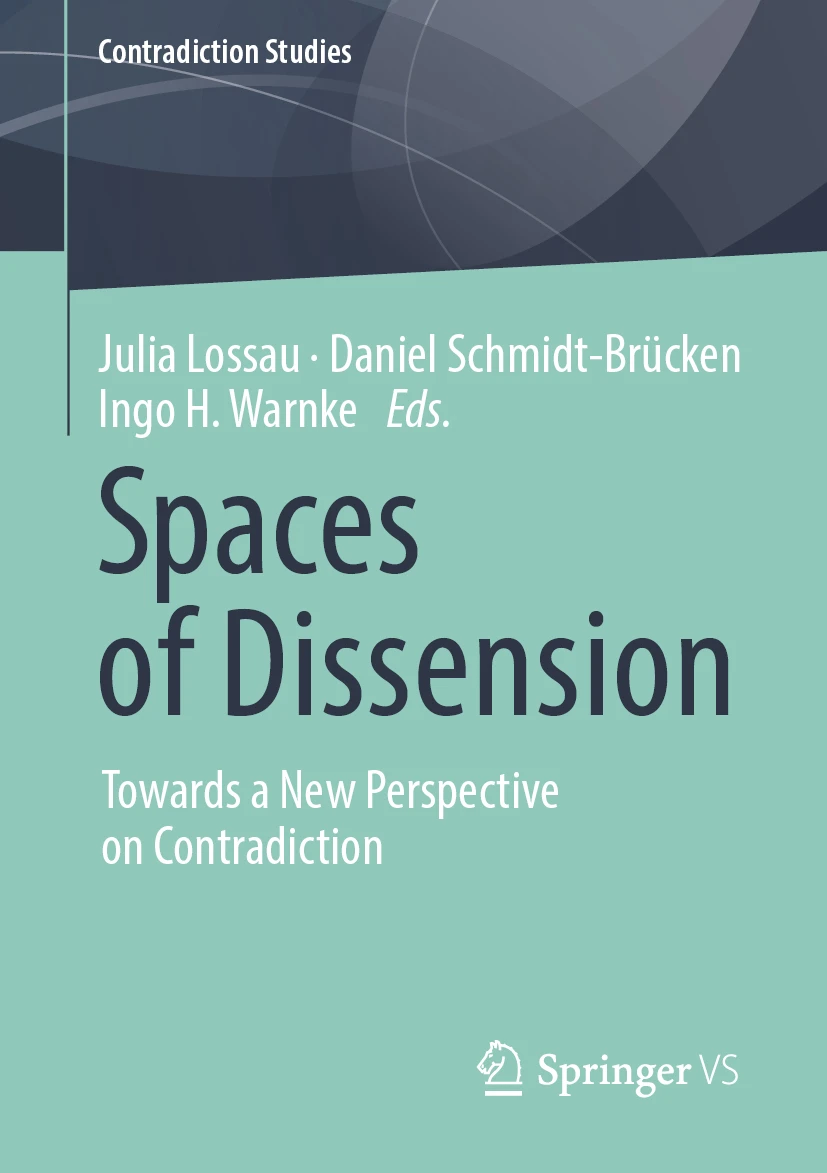
Contradiction is not just a (post-)modern phenomenon. In premodern narratives, conflicting concepts and logical inconsistencies are omnipresent. This paper focuses on contradictions interdependent with knowledge: Traditional narratives may aggregate different versions of matters rooted in collective memory (heroic epic) or authoritative sources (romances of antiquity), sometimes without concern for the consistency of their own story. Narrative texts may use contradiction for didactic purposes. Contradictions may result in both construction and deconstruction of knowledge. Strategies of irritation and ambiguity involve recipients in the production of meaning. Thus, the concept of contradiction is apt to redefine premodern narrative strategies.
In Lossau, Julia, Daniel Schmidt-Brücken, Ingo H. Warnke (eds.) Spaces of Dissension. Towards a New Perspective on Contradiction (Reihe Contradiction Studies). Wiesbaden: Springer VS, 19-37.
print
ISBN: 978-3-658-25989-1
eBook
ISBN: 978-3-658-25990-7